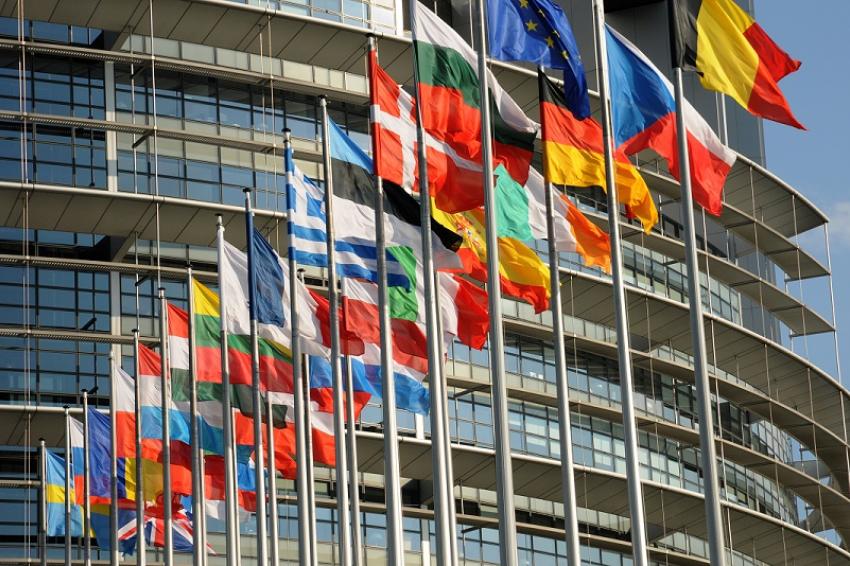EU to Activate Blocking Rule to Save Iran Deal
18.05.2018 -
After a series of meetings this week to discuss the consequences of the US withdrawal from the Iran nuclear accord, JPCOA, European Commission president Jean Claude Juncker announced that on Friday, May 18 the EU’s governing and regulatory body would launch the process of activating the 1996 statute that would block US sanctions.
This would allow member states to do business in the Middle East country despite US-imposed sanctions. The Commission has a duty to protect European companies from the sanctions, Juncker said.
At the same time, the EU president said the Commission has decided to allow the European Investment Bank to provide euro-denominated loans to companies wanting to invest in Iran.
With Washington’s withdrawal, all US sanctions restricting commerce with Iran, applying to energy, banking and other sectors, are to be restored. This week, the Trump administration took the punishment a step farther, placing the governor of Iran’s central bank on a terrorist blacklist.
The 1996 statute was originally put in place to circumvent US sanctions on trading with Cuba. In a nutshell, it stipulates that no foreign court decisions based on sanctions have any effect in the EU.
International observers were largely skeptical that Brussels’ activity would have much effect. While some said this could help small businesses not dependent on dollar-denominated credit sources, most noted that large international companies also active on the US market would not be able to obtain credit without risking consequences.
French oil and petrochemicals producer Total meanwhile said it is seeking support from France’s government in its effort to obtain a US project waiver protecting it from the sanctions. If the request is not granted, the company said it would be forced to pull out of Iran.
In the only binding contract signed by a chemical producer, Total has agreed to proceed with the second phase of a development project for the South Pars gas field, designed to supply the domestic gas market starting in 2021. It also signed a preliminary agreement for petrochemicals and plastics production facilities. All its projects together are said to be worth around $5 billion.
Reports from Iran said that another partner in this project, China National Petrochemical Company (CNOC), is willing to take over Total’s role as the consortium’s majority stakeholder with 51%.
French economics minister Bruno Maire met this week with 60 French businesses with ties to Iran. Saying he is opposed to “extraterritorial sanctions,” the minister called for France, Germany and the UK to ask the US for exemptions and extended deadlines or to respect existing contracts.
The US has given foreign investors six months at the most to quit Iran, while the Iranian government has given them only two months to fulfill their obligations.
Meanwhile, reports said the Russia-dominated Eurasian Economic Union trade bloc has signed an interim trade deal with Iran that lowers tariffs on hundreds of goods. The bloc comprising Armenia, Belarus, Kazakhstan and Kyrgyzstan plans to begin three years of talks with Iran aimed at creating a free trade zone.





